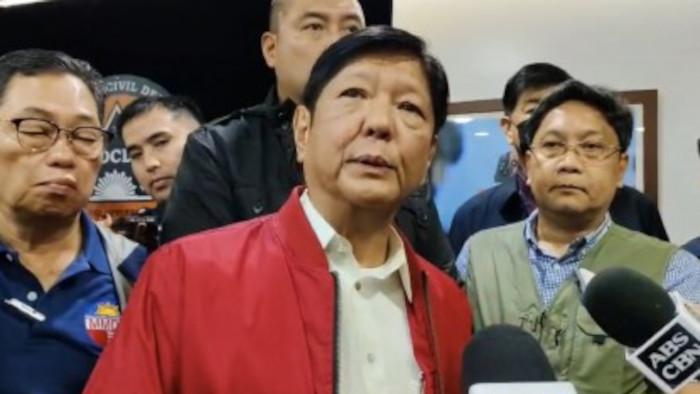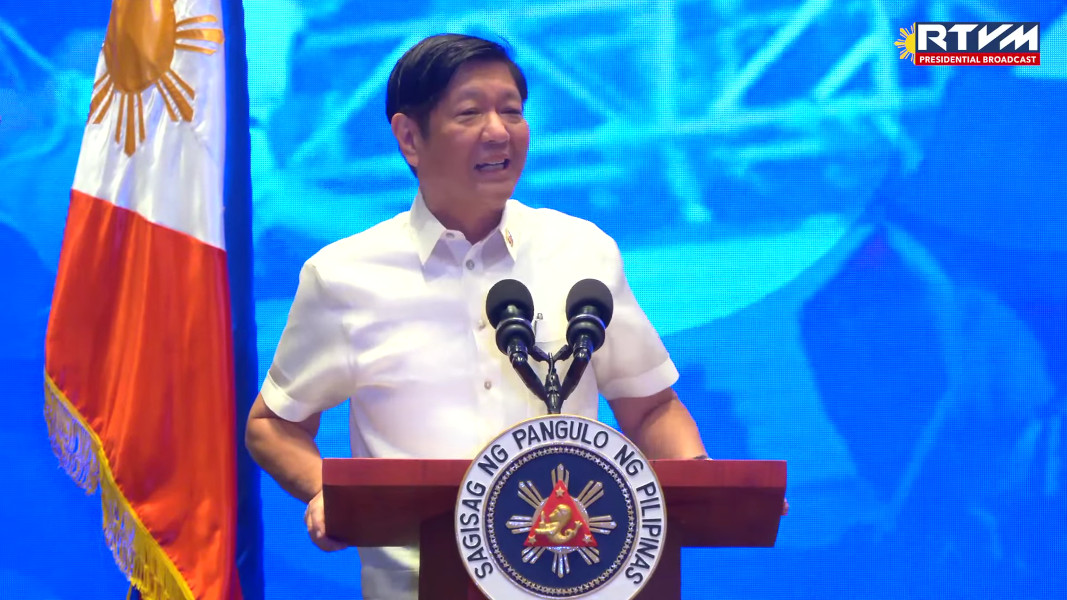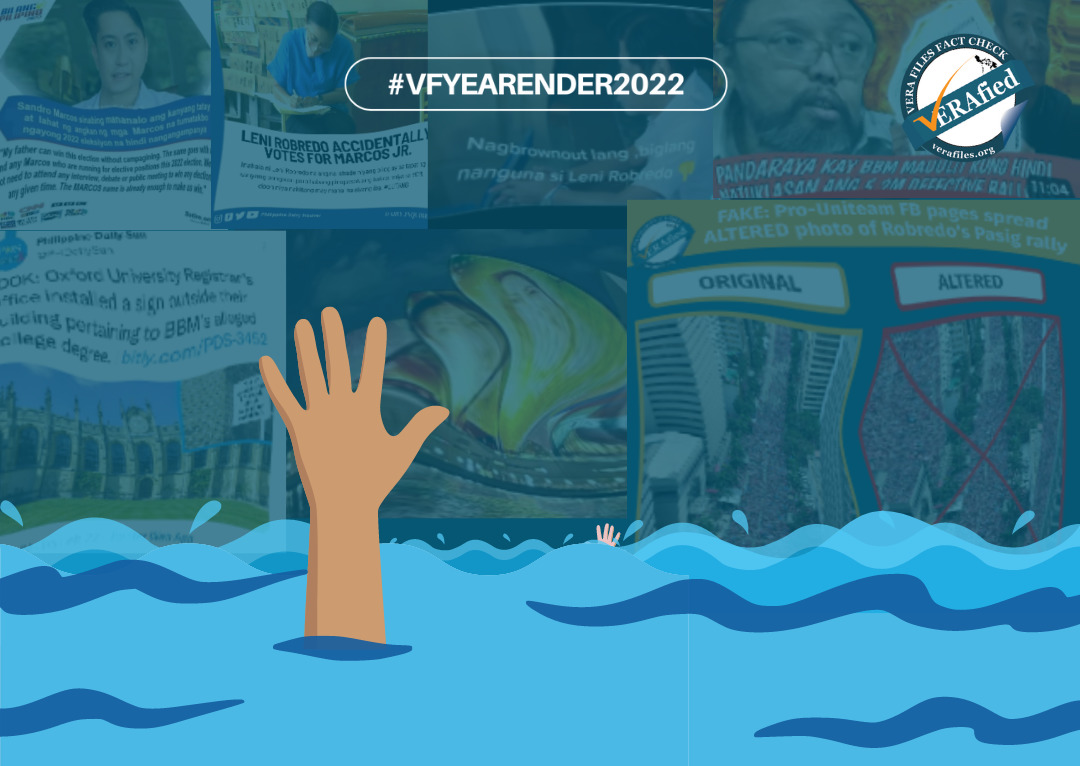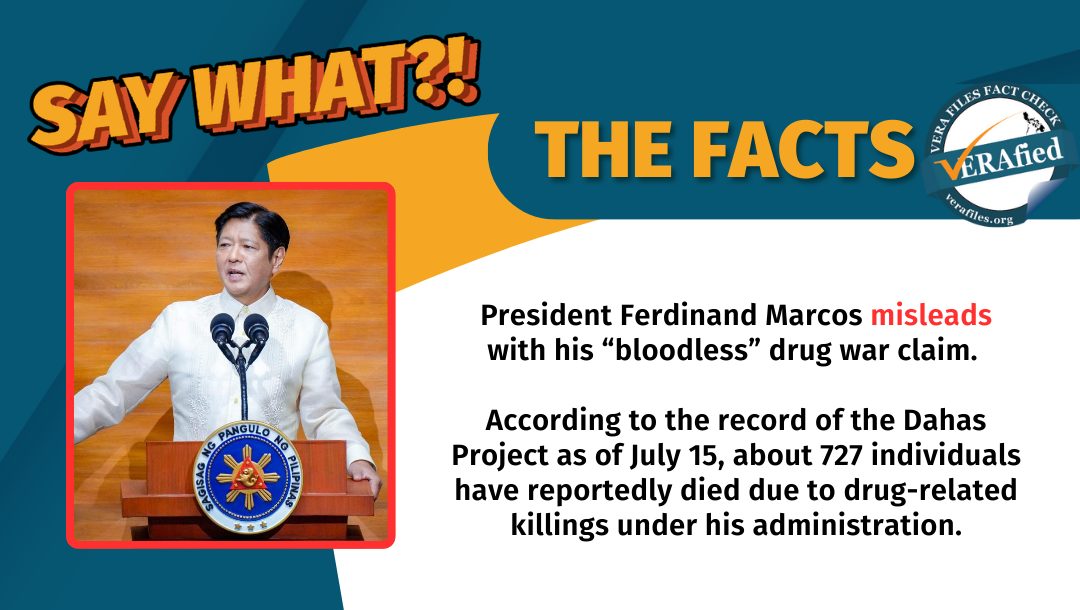Listening to the third State of the Nation Address (SONA) of President Ferdinand Marcos Jr. feels as if one were being transported to a campaign rally of a candidate seeking another term. It talked about popular issues that people wanted him to take up.
The 81-minute speech, Marcos’ longest SONA and undeniably his best so far since 2022, started on a good note by addressing the top “urgent national concern” — controlling inflation — based on Pulse Asia’s survey.
The president ended it with one of the hottest issues of the month, the Philippine offshore gaming operators (POGOs), and announced an immediate ban on their operations. He reiterated his supposed “bloodless” war on drugs and his administration’s firm stand against China’s aggression in the West Philippine Sea. These three issues elicited standing ovations and prolonged applause from the audience of mostly legislators, top government officials and members of the diplomatic community.
In between, he boasted about his administration’s achievements in the past two years, loaded with a nauseating litany of numbers that are not easy to verify.
For instance, while Marcos underscored the need to prepare for the adverse effects of climate change, La Niña and heavy rains, he bragged about more than 5,500 flood control projects that have been completed, and many more are ongoing across the country.
But two days later, most of Metro Manila and neighboring Luzon provinces were submerged in floodwaters brought by Typhoon Carina (international name: Gaemi) and monsoon rains, making many wonder about the effectiveness of the government’s flood control system. Sen. Joel Villanueva, during a visit to a flooded community in Bulacan, turned emotional as he questioned the Department of Public Works and Highways, which, he said, has been getting around P1 billion a day for flood management.
Marcos, after inspecting the Navotas Pumping Station and the Tangos-Tanza Navigational Gate in Navotas City on Thursday, cited the need to “reexamine some of the designs of our flood control measures.”
The massive flooding gave the president the opportunity to show concern to the affected communities and see the situation firsthand. “The reason I did this was to really inspect because I wanted to see what the situation was. And I was right, it’s very different, listening, reading the piece of paper than actually seeing it, what people had to go through.”
When he talked about the high prices of goods in his SONA, he said: “Mahal kong mga kababayan, alam kong damang-dama ninyo ito. Hindi natin winawalang-bahala ang inyong mga hinaing at hirap na dinaranas.”
And he prefaced the banning of the POGOs with: “At ngayon po, naririnig po namin ang malakas na sigaw ng taumbayan laban sa mga POGO… Kailangan nang itigil ang panggulo nito sa ating lipunan at paglalapastangan sa ating bansa.”
The president punctuated his speech with sentences in Filipino on issues he wanted ordinary citizens to understand well. The SONA was his last before next year’s midterm elections. He has to recover from declining survey ratings. His nationwide approval and trust ratings went down by 2 and 5 percentage points, respectively, according to Pulse Asia’s latest Ulat ng Bayan survey.
Comparing data in March and June this year, Pulse Asia said Marcos’ approval rating went down from 55 to 53, while his trust rating decreased from 57 to 52, respectively.
But he did not give an update on his well-applauded promises in the 2023 SONA, such as filing charges against smugglers and hoarders of agricultural products, dismantling drug syndicates, and penalizing unscrupulous law enforcers and others involved in illegal drug trading. Perhaps the figures were not significant enough for the president to brag about.
Would the well-applauded issues in this year’s SONA go the same way?
In the past SONAs, the president gave long lists of measures he wanted Congress to legislate. This time, however, he mentioned only five: an enabling law for Loss and Damage Fund, an endowment initiated by the UN Climate Conference to assist developing countries affected by climate change; amendments to the Corporate Recovery and Tax Incentives for Enterprises (Create More Act) to enhance the country’s tax incentives; review of the 2001 Electric Power Industry Law; the pending bill on Maritime Zones and Archipelagic Sea; and, of course, the proposed P6.35 billion national government budget for 2025.
Congress, specifically the Senate, still has a lot of pending measures that the president had asked them to approve in his two past SONAs. But the executive department has much more to implement and enforce.
This has been a yearly call from the president: “We expect all agencies to ensure that every centavo allocated will be judiciously spent for our urgent priorities and socially impactful programs.”
Reports on the misuse and abuse of intelligence and confidential funds alone show that the repeated calls for judicious spending have not been heeded.
After the standing ovations and thunderous applause in the SONA, the president should work much harder now. The midterm election is still 10 months away, and many things could still happen in between. He should sustain activities such as his visits to the flood-affected areas last week for the people to feel that his concern and responsiveness to their woes are genuine.
The views in this column are those of the author and do not necessarily reflect the views of VERA Files.
This column also appeared in The Manila Times.





